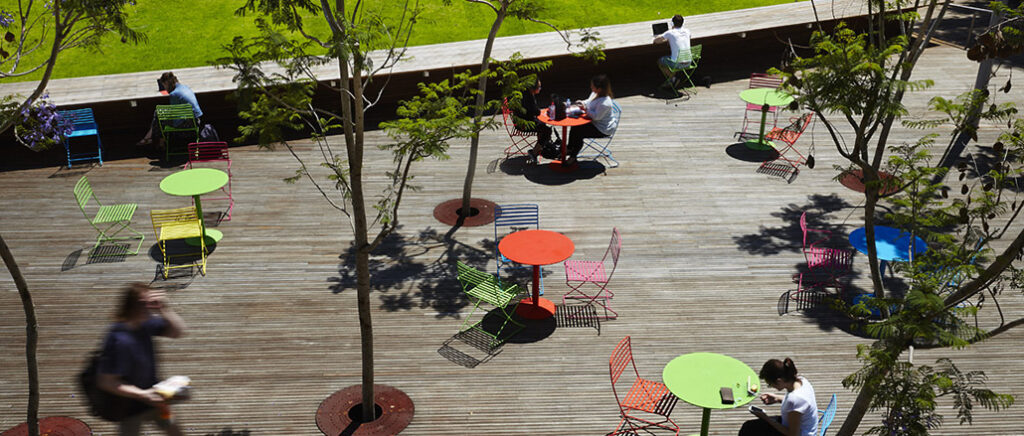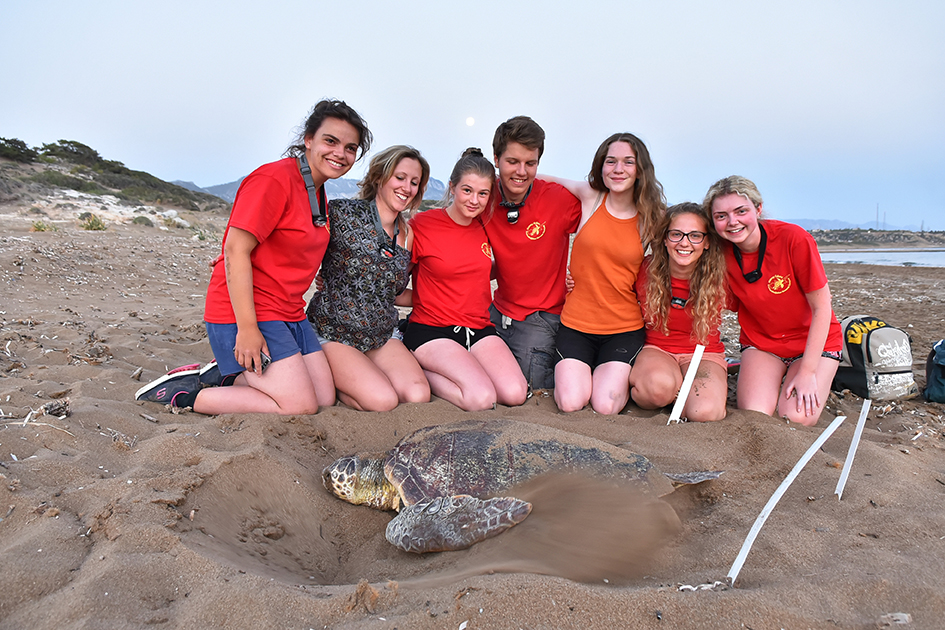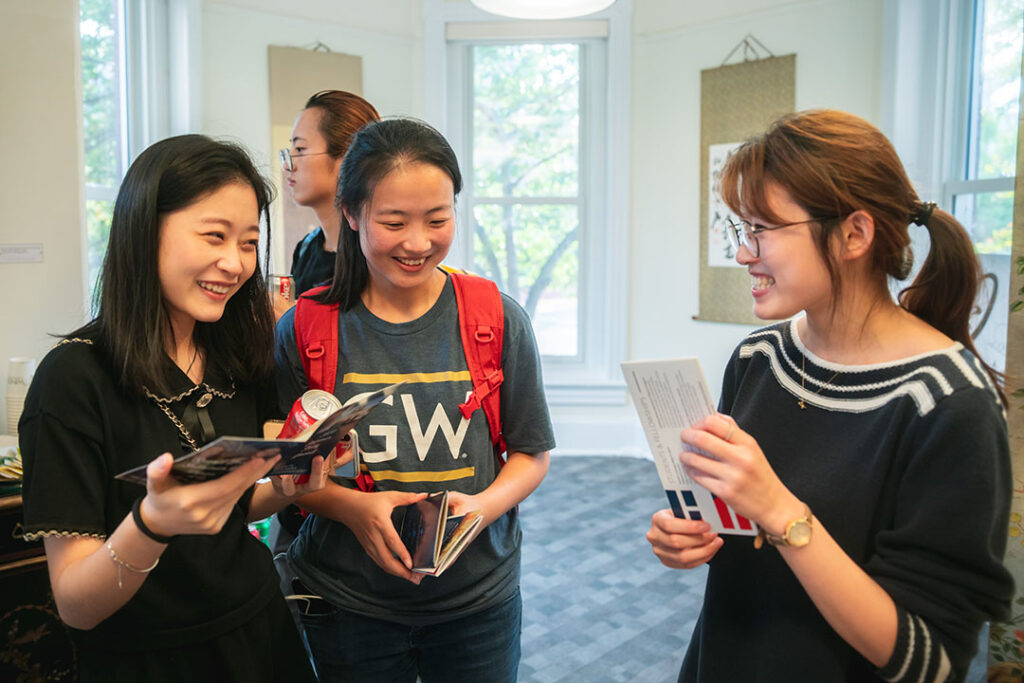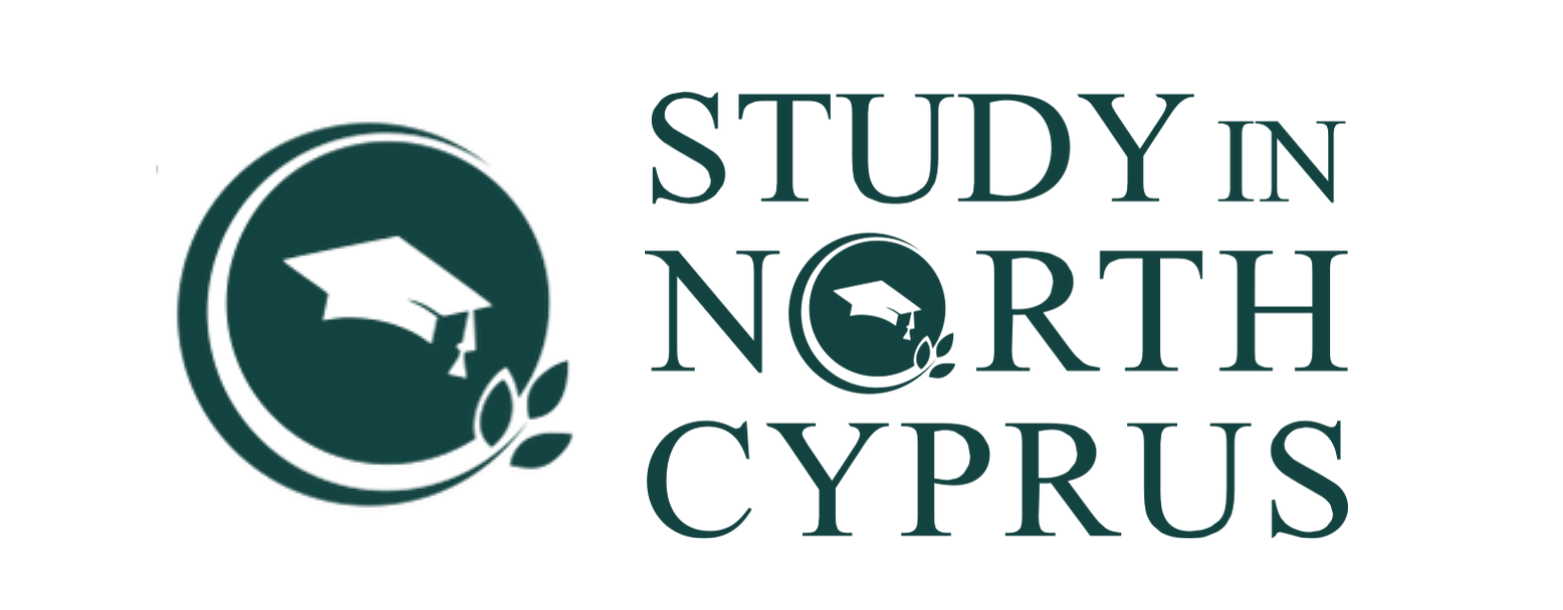Social Campus Connections: The First Step
Studying abroad is an exciting and transformative journey that combines academic growth with cultural exploration. It offers international students a unique opportunity to broaden their horizons and expand their perspectives by immersing themselves in a new environment.
When students study in foreign countries, they not only adapt to a different educational system but also embrace diverse cultures, traditions, and customs. This blend of academic learning and cultural immersion creates a truly immersive experience that goes beyond classrooms and textbooks.
In this cultural landscape, students can form lifelong social friendships, build a global network, and establish meaningful connections with people from all walks of life. (Here’s a nice weekend activity) By actively engaging with the local community, participating in extracurricular activities, and joining student organizations, students can enhance their personal growth and make the most of their overseas educational journey.
Additionally, being part of a vibrant social circle not only adds excitement and fun but also provides support for students who are far away from their home country. These connections can help alleviate homesickness and create a sense of belonging, making the study abroad experience even more fulfilling and enriching.
In conclusion, studying abroad is not just about acquiring knowledge and earning a degree. It is a holistic experience that encompasses academic, cultural, and personal growth. By embracing new cultures, establishing connections, and actively participating in the local community, students can truly make the most of their time abroad and create lifelong memories.

Shared Interests: Clubs and Societies
Starting with university and college campuses, these places offer wonderful opportunities to form meaningful social friendships and establish valuable connections. Campuses are filled with diverse groups of people, each with unique backgrounds, cultures, and life stories. Actively participating in orientation programs, workshops, and engaging social campus events can be a great first step in meeting and getting to know fellow students, and nurturing lasting social friendships.
In addition to campus activities, joining various clubs and societies that align with personal interests and passions is another great way to expand one’s social circle and make new connections. Universities abroad offer a wide range of options to cater to different interests, including sports, arts, technology, and community service. These platforms provide opportunities for extracurricular involvement, personal growth, and vibrant spaces where deep and meaningful friendships can blossom, based on shared interests and common passions.

The Spirit of Giving: Volunteering
Volunteering is not only another avenue that opens doors to social connections, but it also provides an opportunity for personal growth and development. By actively participating in community service, students not only immerse themselves in the local culture, but they also have the chance to make a positive impact and contribute to society. Moreover, through volunteering, students have the opportunity to meet and interact with a diverse group of individuals from various backgrounds and walks of life, all of whom are united by the common goal of giving back to the community.
In this space of volunteerism, meaningful connections are forged that transcend cultural, linguistic, and societal boundaries. It is through these connections that students can truly experience the richness and diversity of the local community. Engaging in volunteer activities allows students to step out of their comfort zones and interact with people they may not have met otherwise. This exposure to different perspectives and experiences broadens their horizons and helps them develop a greater understanding and appreciation for cultural differences.
Furthermore, volunteering provides a platform for personal growth and development. By taking on responsibilities and challenges in community service projects, students can develop valuable skills such as leadership, teamwork, and problem-solving. These skills not only benefit them in their academic and professional lives but also contribute to their personal growth and self-confidence.
Additionally, volunteering offers an opportunity for students to give back to society and make a positive impact. By engaging in meaningful community service, they contribute to the well-being of others and address important social issues. This sense of purpose and fulfilment can greatly enhance their overall well-being and satisfaction with their study abroad experience.
Volunteering is a powerful way for students to connect with others, experience different cultures, and contribute to society. Through these experiences, meaningful connections are formed, enriching the study abroad journey. By actively participating in community service, students can make a positive impact, grow personally, and develop important skills.

Language Bridges: Exchange Programs
Language, often described as the universal tool for communication, holds the key to unlocking a world of meaningful relationships and connections. This is particularly true for students who embark on the exciting adventure of studying abroad in countries where the language barrier can pose a daunting challenge. Thankfully, language exchange programs have emerged as indispensable resources, providing a bridge between cultures and offering transformative opportunities for linguistic and cultural immersion.
In these dynamic language exchange platforms, students are not merely passive learners but active participants in a reciprocal process of teaching and learning. As individuals navigate the intricacies of a foreign language, they also have the unique opportunity to share their own native tongue with others. This exchange of knowledge and cultural experiences creates a vibrant tapestry of connections rooted in mutual learning and understanding.
By participating in language exchange programs, students can embark on a profound journey of growth and self-discovery. Not only do they gain fluency in the local language, but they also develop a deeper appreciation for the culture, traditions, and customs of their host country. Through the act of teaching their native language, students become ambassadors of their own culture, fostering a sense of pride and connection to their roots.
Moreover, language exchange programs go beyond the acquisition of linguistic skills. They serve as catalysts for personal and interpersonal development. Students are exposed to a diverse range of perspectives, expanding their worldview and cultivating empathy and cultural sensitivity. Through interactions with language exchange partners, they develop vital communication and interpersonal skills, building the foundation for lifelong friendships and professional networks.
These programs not only bridge the gap between languages but also bridge the gap between individuals from different backgrounds. The connections formed through language exchange are not bound by geographical or cultural boundaries but are rooted in a shared passion for language learning and a curiosity for the world. The friendships forged in these programs become a support system, providing a sense of belonging and camaraderie in an unfamiliar environment.
In conclusion, language exchange programs hold immense value for students studying abroad. They serve as transformative experiences that enable individuals to navigate the challenges of language barriers while simultaneously fostering connections that transcend cultural and linguistic differences. Through these platforms, students not only enhance their language skills but also cultivate a global outlook, empathy, and a deep appreciation for diverse cultures. Language exchange programs truly embody the spirit of mutual learning and exchange, creating a tapestry of interconnectedness and friendship that enriches the study abroad experience.

Digital Networks: Connecting Online
In today’s interconnected world, technology plays an increasingly pivotal role in various aspects of our lives, including the process of building social circles abroad. Leveraging social media platforms and joining online forums and communities can facilitate connections even before one lands in a foreign country. This digital landscape provides a unique space where individuals can meet fellow students, engage in meaningful discussions, ask questions, seek advice, and even plan meetups upon arrival.
The advent of social media platforms has revolutionized the way we connect and interact with others. These platforms have become virtual meeting grounds, breaking down geographical barriers and allowing individuals from different parts of the world to come together. For students studying abroad, social media platforms offer an invaluable opportunity to connect with peers who are embarking on a similar journey.
By actively participating in online forums and communities, individuals can find a supportive network of like-minded individuals who share similar interests and experiences. These digital spaces serve as a platform for students to seek guidance, share their concerns, and gain valuable insights from those who have already experienced studying abroad. Whether it’s asking questions about the local culture, seeking advice on housing options, or simply finding someone to explore the new city with, social media platforms can be an invaluable resource.
Moreover, these platforms provide a space for students to form connections and build relationships even before they arrive in the foreign country. By joining groups or communities specific to their university or program, individuals can connect with future classmates and start building friendships early on. This pre-arrival connection not only helps alleviate any anxiety or apprehension about studying abroad but also sets the foundation for a supportive social circle upon arrival.
In addition to social media platforms, online forums dedicated to studying abroad can also be a valuable resource for students. These forums bring together individuals from different universities and countries, creating a vibrant community of students who are eager to share their experiences and provide advice. From discussing the best places to visit, to sharing tips on navigating the local transportation system, these forums offer a wealth of information that can greatly enhance the study abroad experience.
Furthermore, technology allows for seamless communication and coordination among students studying abroad. With messaging apps and video calling platforms, individuals can easily stay connected with their newfound friends, even if they are in different parts of the world. This constant connection helps foster a sense of camaraderie and support, as students can share their experiences, seek advice, and provide encouragement to one another throughout their study abroad journey.
In conclusion, technology has revolutionized the way students can build social circles abroad. By leveraging social media platforms, joining online forums, and utilizing communication tools, individuals can establish connections, seek advice, and foster friendships even before they set foot in a foreign country. These digital networks provide a space for students to share their experiences, gain valuable insights, and form a support system that enhances the study abroad experience. In today’s interconnected world, technology serves as a powerful tool for creating meaningful connections and enriching the journey of studying abroad.

Embracing Diversity: The Key to Meaningful Friendships
In the journey of making friends and building social circles abroad, being open-minded, embracing diversity, and fostering cultural exchange is the underlying theme. It’s about stepping out of comfort zones, being receptive to and appreciating different cultures, and being open to forming meaningful friendships that transcend geographical, linguistic, and cultural boundaries.
When studying abroad, students are not only exposed to a different educational system but also to a diverse range of cultures, traditions, and customs. This blend of academic learning and cultural immersion creates a truly immersive experience that goes beyond classrooms and textbooks. By actively engaging with the local community, participating in extracurricular activities, and joining student organizations, students can enhance their personal growth and make the most of their overseas educational journey.
One of the key factors in building a social circle abroad is being open-minded and embracing diversity. This means being willing to step out of one’s comfort zone and interact with people from different cultural backgrounds. It’s about being receptive to new ideas, perspectives, and ways of life. By embracing diversity, students can expand their horizons and gain a deeper understanding and appreciation for different cultures.
Forming friendships that transcend geographical boundaries is another important aspect of building a social circle abroad. Thanks to advancements in technology and increased connectivity, it is now easier than ever to stay connected with friends from different parts of the world. Social media platforms, online forums, and messaging apps allow students to maintain and nurture their friendships, regardless of distance.
However, it is also crucial to actively seek out new friendships and connections when studying abroad. This can be done through participating in orientation programs, attending campus events, joining clubs and societies, and engaging in volunteer activities. These opportunities provide a platform for students to meet like-minded individuals who share similar interests and passions. By actively participating in these activities, students can expand their social circles and create a support system while studying abroad.
In addition to embracing diversity and actively seeking new connections, it is important to be open to friendships that defy linguistic and cultural boundaries. Language exchange programs, for example, offer a unique opportunity to not only learn a new language but also to form meaningful connections with native speakers. Through the act of teaching their native language, students become ambassadors of their own culture, fostering a sense of pride and connection to their roots.
Furthermore, being open-minded and embracing diversity can lead to friendships that transcend cultural boundaries. By stepping out of one’s comfort zone and interacting with people from different cultural backgrounds, students can gain a deeper understanding and appreciation for cultural differences. This can foster a sense of empathy, cultural sensitivity, and global citizenship.
In conclusion, building a social circle abroad is a journey that requires an open mind, a willingness to embrace diversity, and a proactive approach to forming meaningful connections. By stepping out of comfort zones, being receptive to different cultures, and actively seeking new friendships, students can create a rich and diverse social network that enhances their study abroad experience. It’s about embracing the opportunity to learn from others, broaden horizons, and create lasting bonds that transcend geographical, linguistic, and cultural boundaries.

Enriching the Experience: Academics and Friendships
Every connection, every friendship forged in the foreign land adds a layer of depth and richness to the international study experience. These friendships go beyond mere social interactions; they become invaluable sources of support, companionship, and personal growth. By immersing oneself in a new environment and actively engaging with the local community, students studying abroad have the unique opportunity to form lasting connections with people from diverse backgrounds and cultures.
These friendships serve as pathways to cultural immersion, offering insights into different traditions, customs, and ways of life. Through meaningful interactions with friends from the host country, students gain a deeper understanding and appreciation for the local culture, developing a sense of empathy and cultural sensitivity. These connections provide a unique perspective that cannot be obtained solely through textbooks and classrooms, allowing students to truly embrace the global experience of studying abroad.
Furthermore, these friendships also foster a global perspective by exposing students to different worldviews and perspectives. By engaging in conversations and sharing experiences with friends from different countries, students broaden their horizons, challenge their own preconceived notions, and develop a more nuanced understanding of global issues. These cross-cultural friendships become a catalyst for personal growth and self-discovery, as students learn to navigate cultural differences, adapt to new social norms, and expand their worldview.
Academically, these friendships can be incredibly beneficial. Collaborative studying, group projects, and discussions with friends from different cultural backgrounds can lead to a richer and more comprehensive understanding of the subject matter. By combining diverse perspectives and knowledge, students gain a broader understanding of the global context in which their studies take place. These friendships also provide opportunities for academic support, as friends can offer insights, share study resources, and provide motivation during challenging times.
Beyond academics, these friendships create a sense of belonging and support. Being far away from home can be a daunting experience, but having a network of friends who understand and empathize with the challenges of studying abroad can provide a sense of comfort and reassurance. These friendships become a support system, offering companionship, advice, and assistance in navigating the new environment. Whether it’s exploring the local culture, finding the best study spots, or simply sharing meals and creating lasting memories, these friendships enhance the overall study abroad experience.
In conclusion, the friendships formed during study abroad are essential to the international study experience. They provide support, companionship, cultural immersion, global perspectives, and enriched learning. These connections enhance the academic journey, fostering intercultural exchange, broadening perspectives, and promoting personal growth. By embracing these friendships and engaging with the local community, students can transform their overseas education into a tapestry of learning, growth, and global citizenship.




